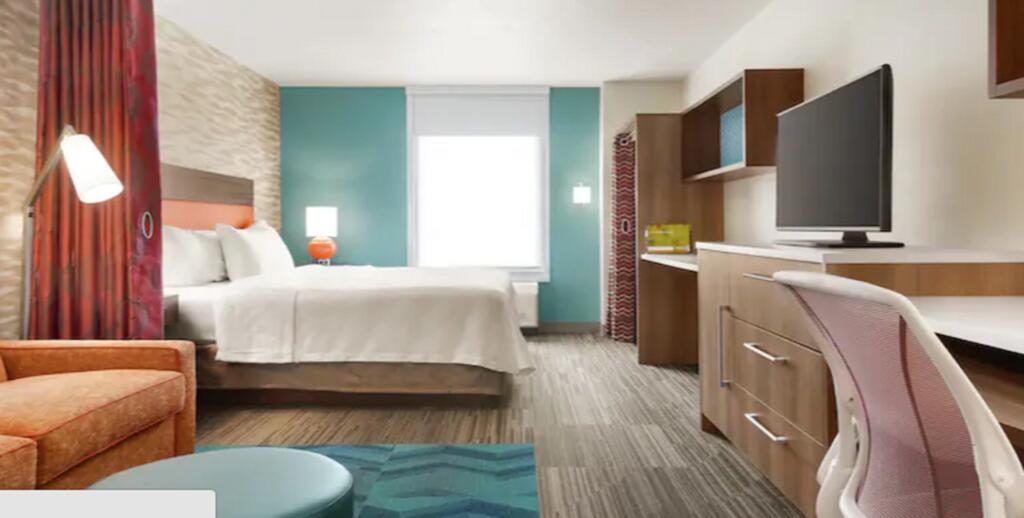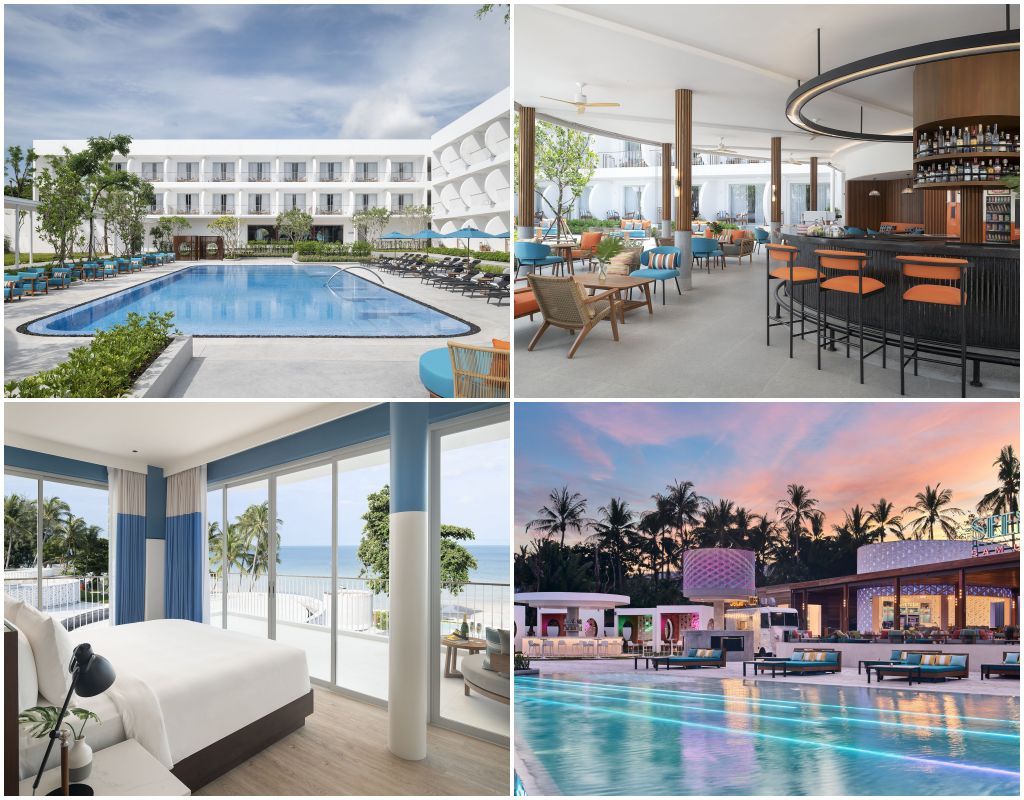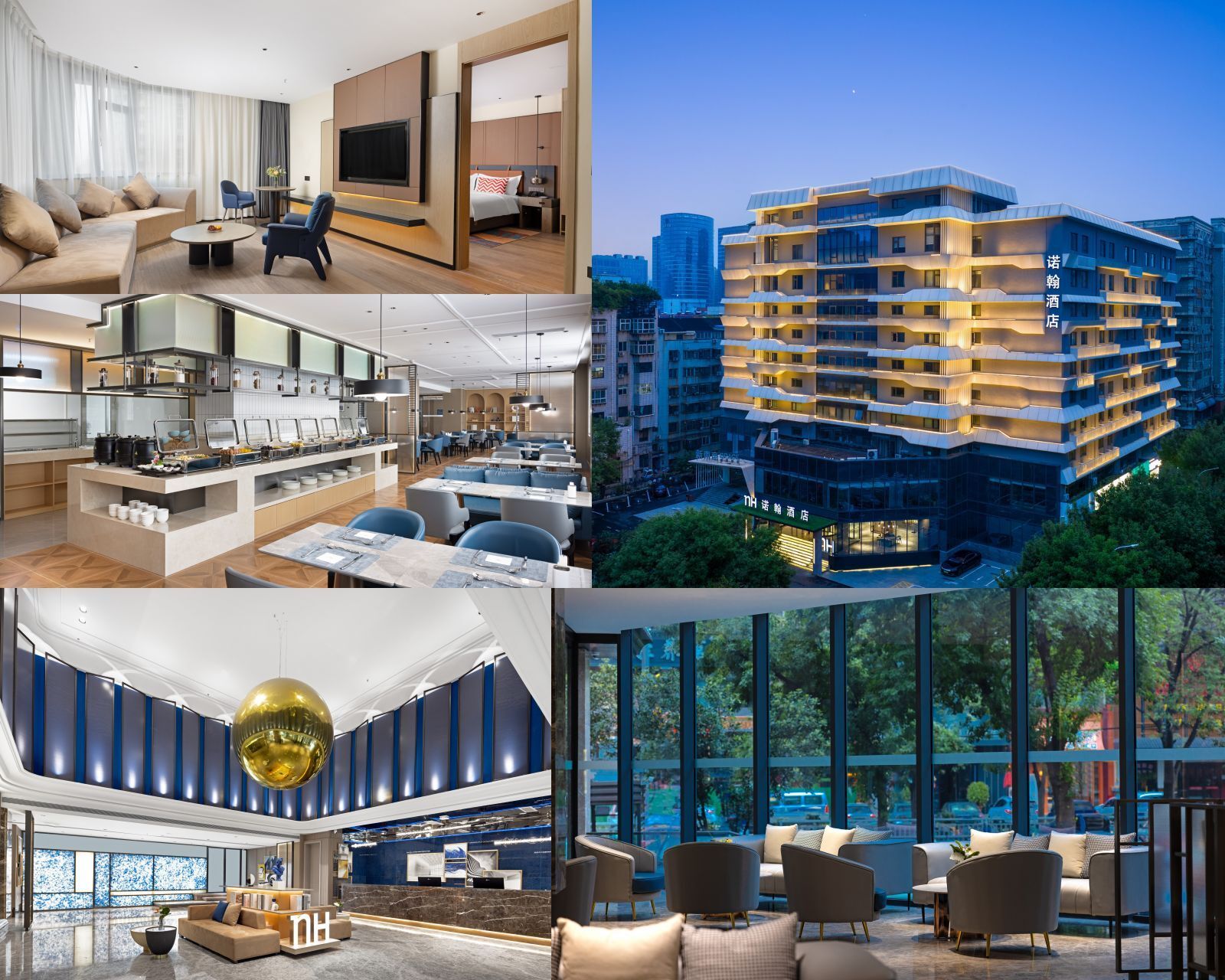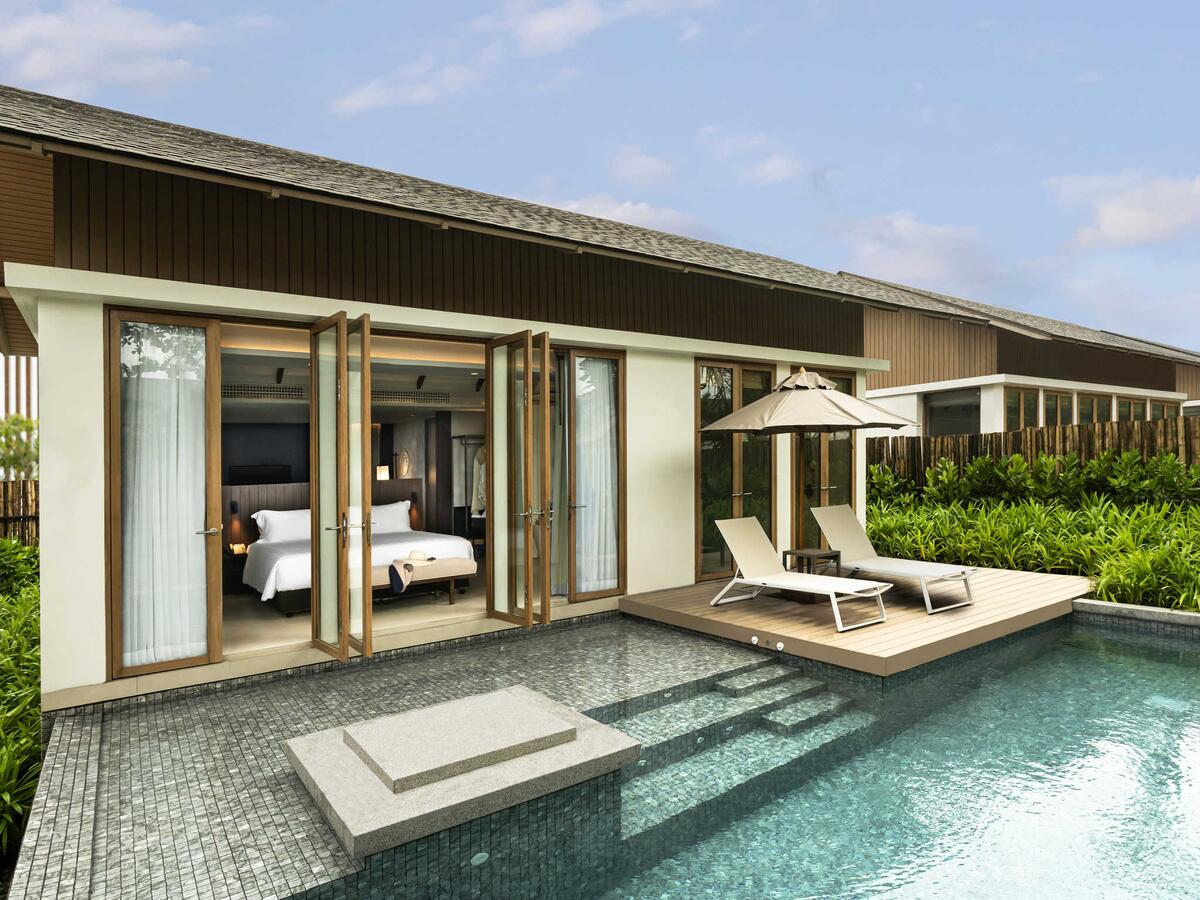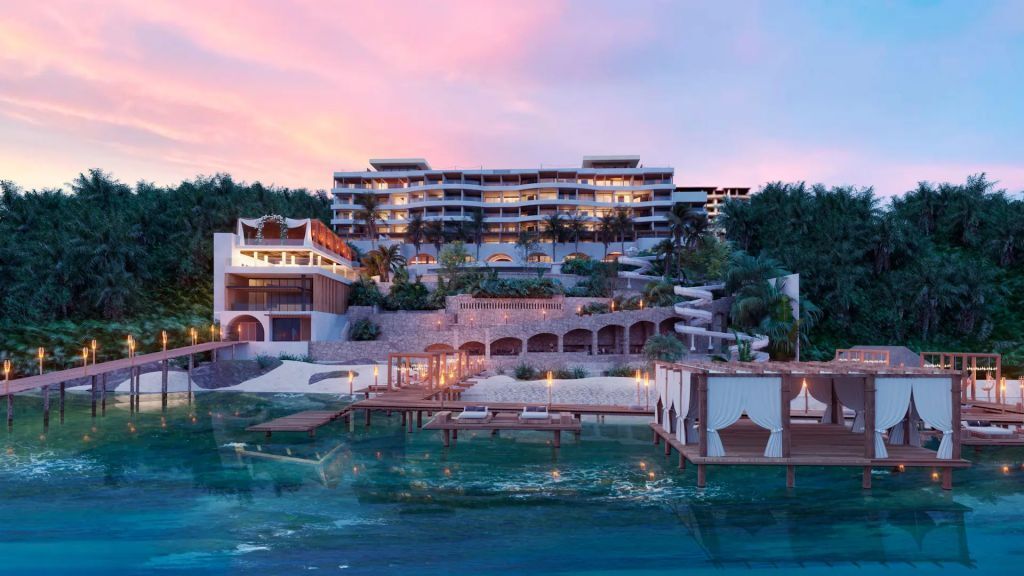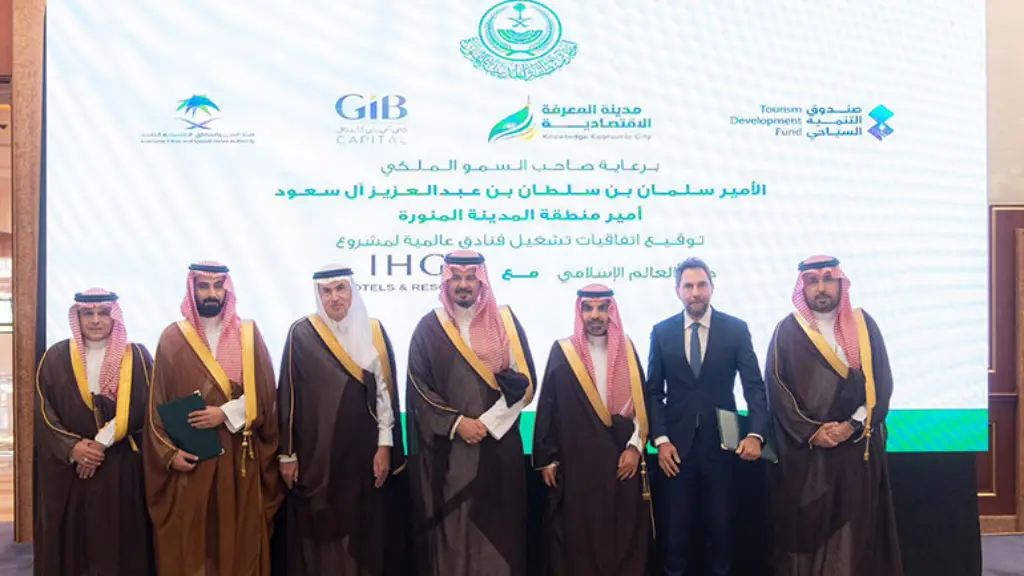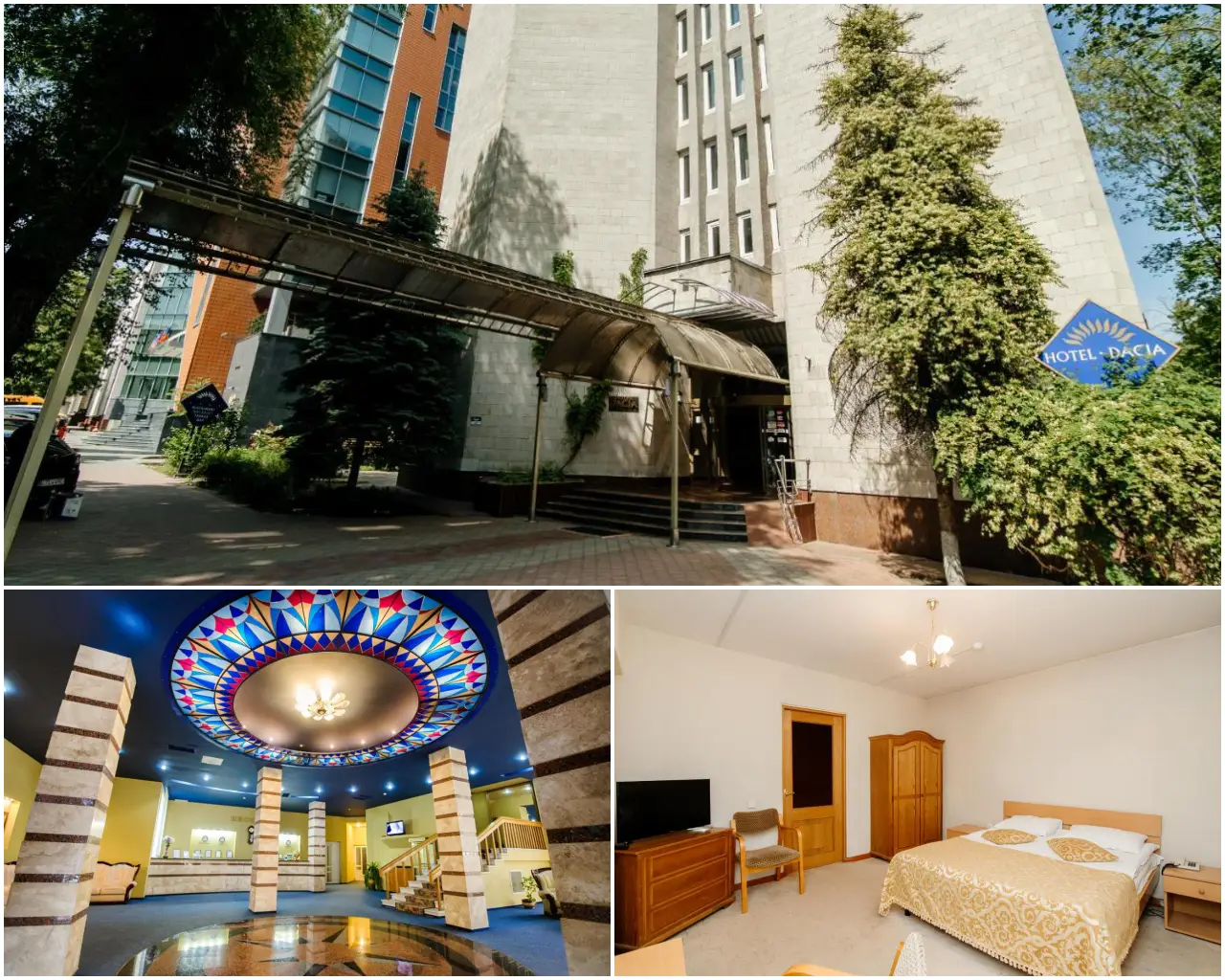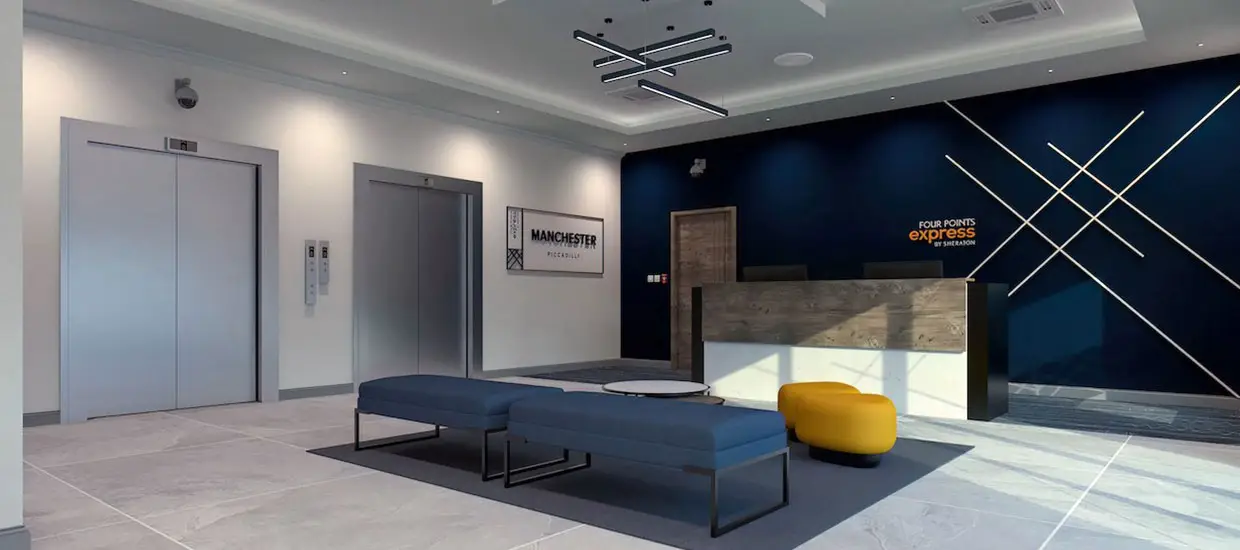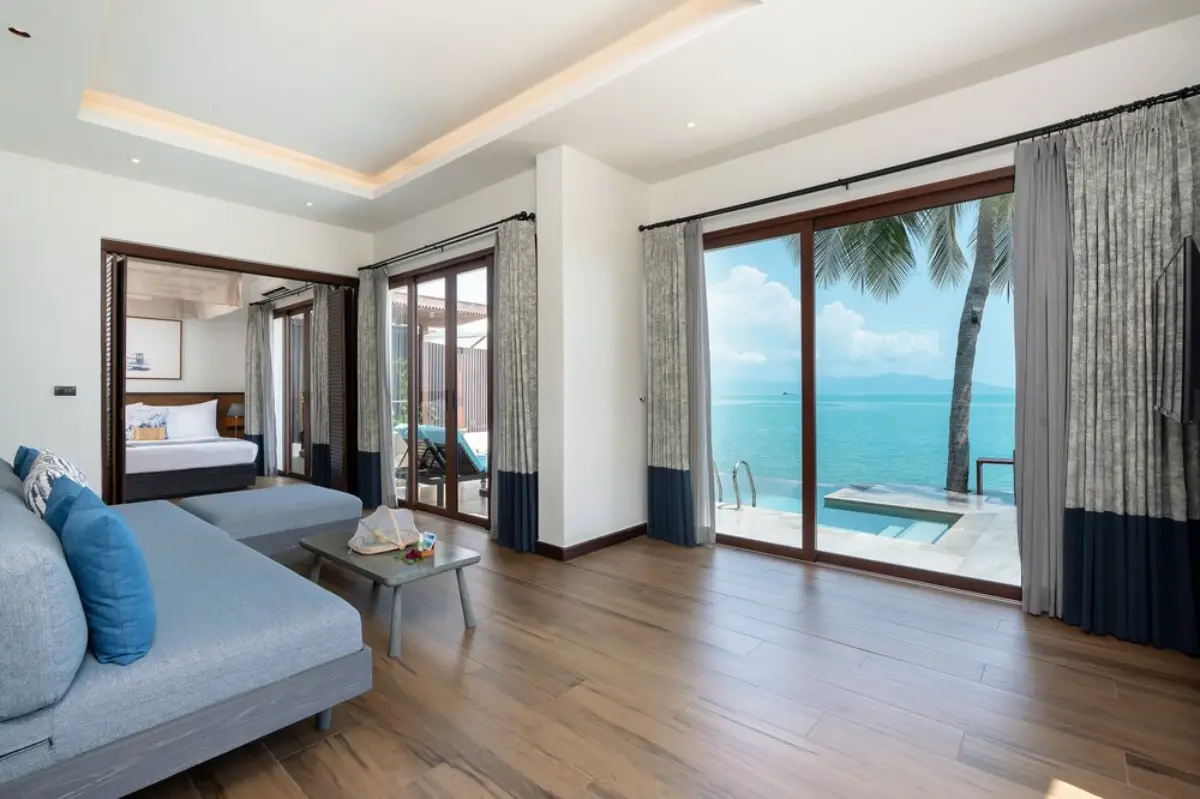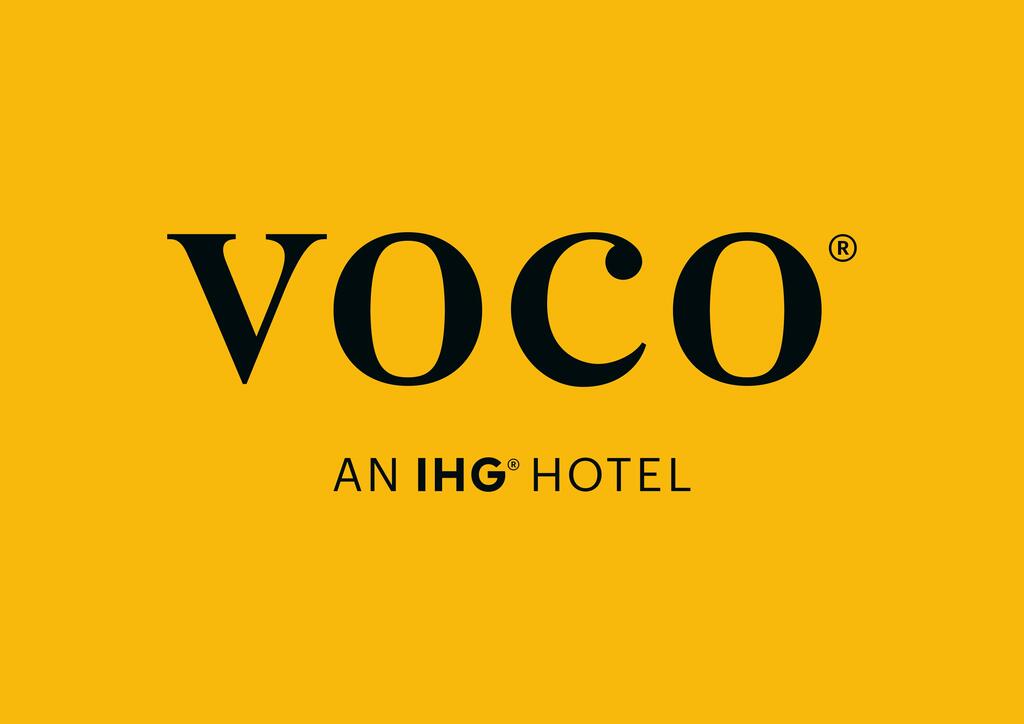German hotel chain Maritim reveals how the company responds to global issues in the past and future.
For the Maritim Hotels, the multiple long-term lockdowns in the two “COVID-19 years” of 2020 and 2021 led to dramatic sales losses. Sales collapsed from €409 million in 2019 to €178 million in 2020. In 2021, the hotel business generated sales of 159 million euros. With drastic measures in the hotel portfolio and the State pandemic aid, which was paid out with a significant delay, it was possible to stabilize the situation of the hotel business last year, explains Martin Friedrich, Chief Financial Officer (CFO) at Maritim Hotelgesellschaft.
The Maritim Hotel Gelsenkirchen, the Maritim Hotel Braunlage and the Maritim Clubhotel Timmendorfer Strand were sold: “It was very important to us to make sure that the entire staff was employed by the new owner. In addition, we have not extended individual lease, management and franchise contracts, such that our hotel portfolio has been reduced from 32 hotels before the pandemic to 24 in Germany today,” summarizes Dr. Monika Gommolla, owner and Chairwoman of the Supervisory Board of the Maritim Hotelgesellschaft.
“These decisions were very difficult for us, but they were necessary to strengthen the company and thus secure jobs.” The chosen course has now been confirmed by current business developments. “A turnover of €290 million is planned for the current financial year, with eight hotels fewer than in 2019,” adds CFO Friedrich.
Erik van Kessel, Managing Director Operations and Labour Director at Maritim Hotelgesellschaft, also sees reason for optimism: “The catch-up effects since May have been enormous, especially the larger events, congresses and trade fairs, but also folk festivals that are taking place again and ensuring good rates, especially in metropolises such as Frankfurt, Stuttgart, Munich, Cologne or Berlin. But the private customer business has also picked up significantly, in addition to holidays and city trips, weddings, family celebrations and events that did not take place during the pandemic are being caught up. But he also notes that “Booking behaviour is already becoming significantly more cautious due to the uncertain global economic and political situation, inflation and, in particular, rising energy costs.”
Energy crisis and global economic situation
With a view to the current energy crisis, a so-called task force was set up in the summer. This is because although the Maritim Group has been working intensively on measures aimed to reduce energy and water consumption for years, the current extreme price development on the energy market can hardly be compensated. Therefore, additional measures are being taken that have as little impact as possible on the well-being of the guests. “Here we’re talking about reasonable savings such as adjusting the pool temperature or manageable reductions in wellness and lobby areas,” says van Kessel.
Where this has not yet happened, conventional light sources are being converted to economical LED lighting. “In addition, individual hotel areas such as floors, corridors and rooms are controlled depending on the number of guests,” he explains. Yet the situation remains uncertain: “For 2023 we are planning significantly higher energy costs, and this affects all segments – the kitchens as well as public areas and rooms. In addition, the consequences of the shortage of materials and the simultaneous increase in prices, for example for food and hygiene items, are drastic,” adds van Kessel. It is difficult to plan how the energy crisis will affect pricing in the hotel industry and thus also booking behaviour and the expected sales for 2023 with reference to the upcoming winter, he adds.
Maritim Hotel Ingolstadt (Germany) opens in 2023
But soon we will also be having a “hotel highlight”. In the heart of Bavaria, directly on the Danube, the Maritim Hotel Ingolstadt will open, connected to the new congress centre in Ingolstadt, which is also operated by the Maritim Hotelgesellschaft. The new Maritim Hotel offers 223 stylish rooms and suites, four dining options on the ground floor, a spacious relaxation area with a fitness room, a 70 sqm sauna and a 5×10 m swimming pool.
The historic old town is within walking distance, and the New Palace and the Audi Academy are in the immediate vicinity. Together with the Congress Centre, the Maritim Hotel Ingolstadt offers 13 congress and conference rooms with daylight, a maximum conference area of 4,172 square meters for 2,400 people and thus various possibilities for festive events and incentives.
“The newest and most modern Maritim Hotel is suitable for business customers, meetings, business events and large conferences as well as for city breaks and private stays,” says Dr. Monika Gommolla. And this will be especially beautiful: The elegant roof terrace with a wonderful view, which can be booked exclusively for private celebrations or business events.
Maritim for the first time in the Netherlands
And in Amsterdam, as well, the opening of what will then be the largest Maritim Hotel is just around the corner. The roofing ceremony was celebrated this summer, and in September, new hotel manager Caroline Receveur started the pre-opening phase.
The four-star property with 579 rooms will be the third tallest building in Amsterdam. Attached to it is a conference and congress centre with 18 conference rooms that can accommodate more than 4,400 visitors. The largest conference hall can accommodate up to 2,200 people, making it the second largest event venue in the Dutch capital after the RAI exhibition centre on the southern outskirts of the city. Measured by the number of rooms in the affiliated hotel, the congress centre will be the largest venue of its kind on the European market. The Yvie residential tower with 176 rental apartments and 120 serviced apartments is also being built right next to the Maritim hotel tower.
With its modern facilities and good accessibility, the Maritim in the north of Amsterdam will become a new point of attraction. It is only 20 minutes to Schiphol Airport and there are excellent rail, road and boat connections. A five-minute ferry ride across the River Ij takes you to Amsterdam’s beautiful 17th-century canal district.




